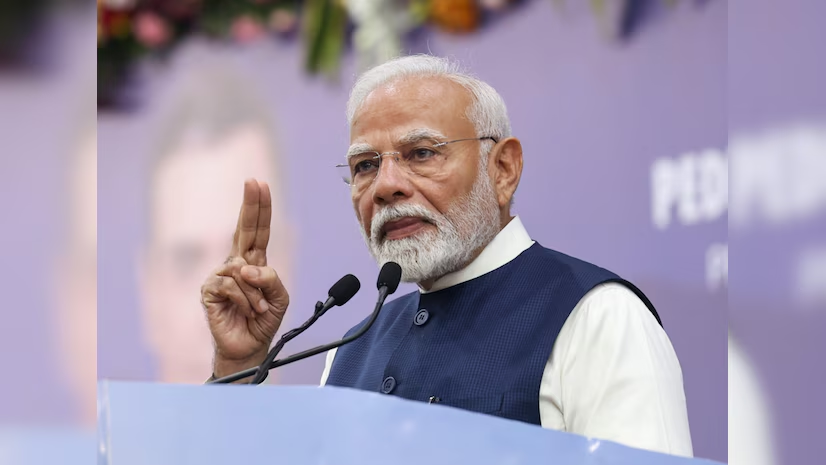
Indian Prime Minister Narendra Modi has issued a warning to citizens about a rising online scam known as the “digital arrest.”
Victims have reportedly lost millions of rupees to fraudsters who contact them via video calls, posing as police or tax officials and falsely accusing them of crimes. The scammers instruct victims to remain at home under the pretense of being under a “digital arrest” and prohibit them from contacting anyone.

Modi clarified that “digital arrest” is not a legal concept in India, and no enforcement agency would ever request personal information over the phone or video call.
“The fraudsters impersonate officials from the police, Central Bureau of Investigation, narcotics agencies, and even the central bank,” Modi explained.
The scammers often appear on video with realistic backdrops resembling police stations, tax offices, or federal agencies. They wear official-looking uniforms and use fake ID cards to make their claims appear legitimate. Typically, they accuse the victim of being involved in illegal activities, such as sending parcels containing drugs, or claim that their phone is linked to criminal acts. Some scams also involve deepfake videos and fake arrest warrants.
Reports of these so-called “digital arrests” are increasing. In August, Bengaluru police arrested several individuals after a victim was allegedly defrauded of more than 20 million rupees ($237,000), according to Indian media. The scammers had claimed a parcel addressed to the victim contained the drug MDMA and demanded payment during a WhatsApp call to settle the alleged charges.
Malayalam actress Maala Parvathi also reported being targeted by the scam recently. According to reports, scammers impersonated Mumbai Police officers, accused her of drug smuggling to Taiwan, and placed her under virtual arrest. She recognized the scam before any money was exchanged.
Modi advised citizens to take three steps to protect themselves from such fraud.
“First, remain calm and don’t panic. Record or take a screen recording if possible,” he said. “Second, remember that no government agency will threaten you online. Third, take action by calling the national cyber helpline and report the crime to the police.”


